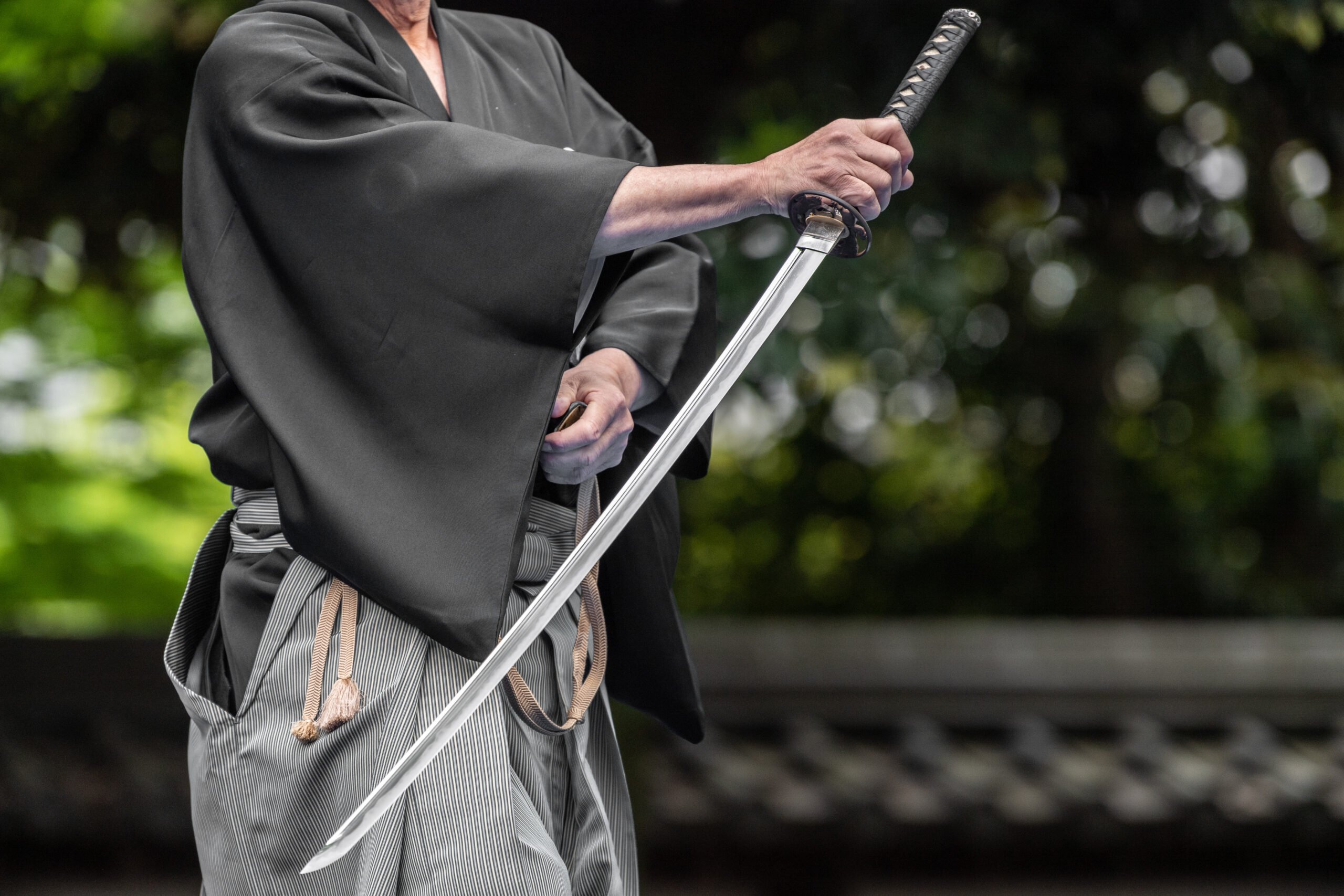

The samurai language is a unique language and writing used by men of the samurai class.
Have you ever heard the samurai language in period dramas or anime and thought, “I would like to use it, but I don’t really know what it means or how to use it…”?
In fact, there are many samurai words that are easy to incorporate into conversation.
In this article, we will introduce in detail the history and appeal of samurai words, as well as examples of samurai words that can be used in everyday life.
Recently, the drama series “SHOGUN” starring Hiroyuki Sanada has gained worldwide popularity, and many overseas people are interested in Samurai culture, including the language.
By learning the samurai language, you can add humor and depth to your conversations. humor and depth to your conversations, and you can enjoy communication in a different atmosphere. and you will be able to enjoy a different atmosphere of communication.
What is the Samurai Language? Its History and Fascination
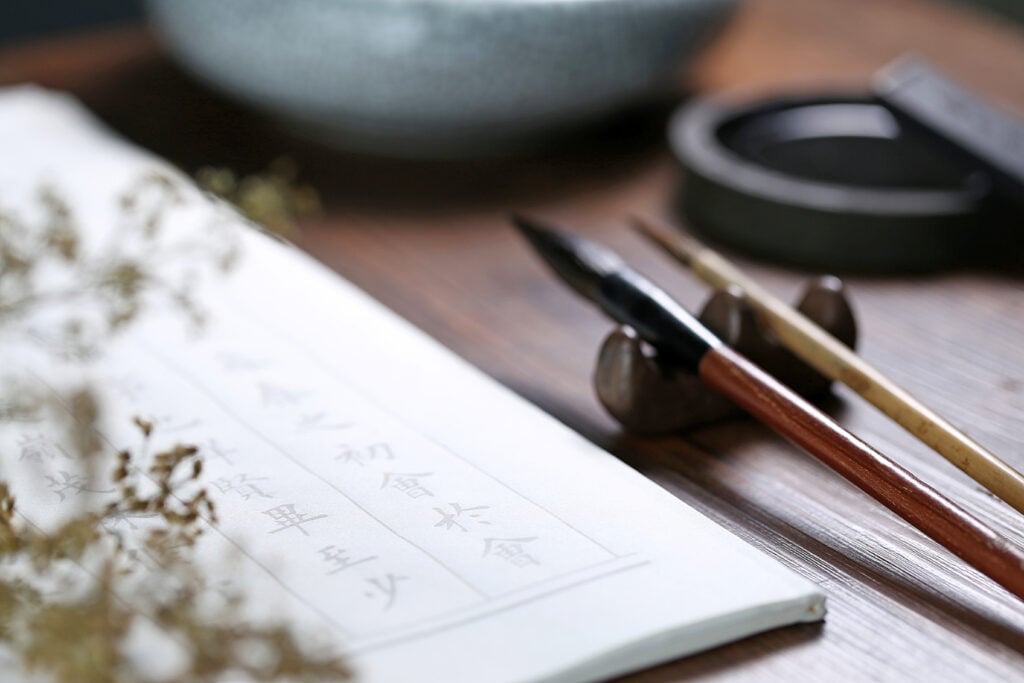
Samurai language refers to the unique expressions used by warriors in the Sengoku and Edo periods.
Samurai language, the language of the family The samurai used a language that emphasized dignity and courtesy in their culture, daily conversation, and even in their interactions on the battlefield. Samurai warriors used language that emphasized dignity and courtesy in their culture, daily conversation, and even in their interactions on the battlefield, and each word was imbued with pride.
One example is “Katashide” and “Gyoi,” which we often hear in movies and dramas.
The table below summarizes the basic characteristics of the samurai language.
| Classification. | samurai words | modern language |
| personal pronoun | First person: I, I, I Second person: You, you | First person: I, I Second person: You, you |
|---|---|---|
| polite language (i.e. masu, desu, etc.) | ~ (e.g., I will be present.) | ~I know (e.g., I know) |
| humble language (e.g. itadaku) | ~I’ll tell you about it. | ~I’ll tell you about it. |
| honorific language | O~asarei, shitairei (e.g., “Come and see us”) | Respectful term for do (e.g., please come) |
| expletive noun | Shigi, dan | Result, dependence, thing |
| special term | if that is the case | if so |
What does “御…sare” mean? Meaning and usage – Kotobank
The wording also differs according to the person’s status.
History of the Samurai Language
There are many aspects of the birth of the samurai language that are not clearly known, The birth of the samurai is believed to have occurred around the late Heian period It is said that farmers and local leaders took up arms and formed the warrior class. It is said that farmers and local influential persons took up arms and formed a warrior group. (Reference: Samurai and Manor – Tamagawa Gakuen )
In the Heian-period essay “The Pillow Book,” there is a description of Sei Shonagon’s surprise when he heard the language used by farmers. Considering the history of how farmers became warriors, it is highly likely that warriors used a different language from that of the nobles of the imperial court from that time, even if it was not the “samurai language as we imagine it today.
Later, after the establishment of the Kamakura shogunate, the language of the warriors of the “eastern provinces” (the area centered on the modern-day Kanto region) became powerful. The continuation of the samurai government led to a growing sophistication of the samurai culture and language along with the times. With the continuation of the samurai government, the culture and language of the samurai became more and more refined over time. (Reference: Phases and Gender in the History of the Japanese Language )
Furthermore, it is known that in the Edo period (1603-1867), samurai used different language to converse with farmers and merchants as well. In the comedy “Tokaido Chu Hizakurige,” which was a big hit at the time, there is a scene in which the vocabulary used by townspeople and warriors differed, making it difficult to have a conversation. It brings to mind the scene of those days, doesn’t it?
The beautiful culture of Japan has been handed down to the present day, including tea ceremony, flower arrangement, incense ceremony, Noh and Kyogen, originally the manner of the samurai. tea ceremony, flower arrangement, incense, Noh, and Kyogen, which have been handed down to the present day. These cultures had a great influence on the spirit and language of the samurai.
Was the Samurai Language the same throughout Japan? What is the common language of the Samurai?
Words we think of as samurai language, such as “katajikake,” are probably common no matter what area you live in.
In the past, the differences in dialects between regions in Japan were greater than now, and it is expected that the warriors needed a kind of common language that could be understood throughout the country.
It is thought that the samurai used their own original language based on their common culture. The “common language of the samurai (common language of the samurai family)” is a language that is thought to have been used by the samurai as their original language based on their common culture. The “common language of the samurai” is the “common language of the samurai”.
There is also a theory that they conversed using the language of yokyoku*, which was considered the manner of warriors (the common language of yokyoku). Yōkyoku…A text that serves as a script or synopsis of a Noh play, and is read on stage as if it were sung with verses.
You may have seen the samurai common language in numerous historical novels, including the works of Ryotaro Shiba.
Since most samurai literature is written in the literary style (written language) and there are few materials on the spoken language and conversation of the warriors of the time, it is still unclear whether there was a common language for warriors or whether it was used throughout the country.
However, there are many words that have been handed down today as “samurai language” that appear in yokyoku. Since it was common during the Edo period for Noh performers to train warriors, it is quite possible that yokyoku and words derived from them were used as the common language of warriors, or something similar.(Reference: The Common Language of Samurai Families and Chanting – Kyushu University )
The fact that the full picture, including the history, is not fully understood may be the reason why people find the samurai language so romantic and attractive.
List of commonly used samurai words [10].
![List of commonly used samurai words [10].](https://www.motenas-japan.jp/wp-content/uploads/2024/10/AdobeStock_563160370-1024x614.jpeg)
Here, you can still hear them today, Here is a list of 10 representative samurai words that are often heard even today.
We have compiled a list of phrases that are familiar from movies and dramas and are easy to incorporate into everyday communication.
Example sentences are also included, so if you are interested in using the samurai language in conversation, please check it out.
| samurai words | meaning | model sentence |
|---|---|---|
| indebted | Thank you Words that express gratitude and humility toward the other person more strongly than “thank you”. | Thank you for helping us. |
| I’m not ashamed of it. | I’m sorry A word of apology for rudeness or failure in the form of self-blame. | I’m sorry I’m late.” |
| Gyoi (meaning “the will of God”) | Yes, sir. Words of loyalty in response to a superior. | I am at your service.” |
| You’ll have to wait a long time. | Please wait a moment. A polite way to ask someone to wait. Used in everyday life with a bit of humor. | We are preparing now. Please be patient. |
| 〜be | ~. First person expression of a samurai. Used when you want to create a samurai’s view of the world. | I am Tanaka, that I am.” |
| visit (to a shrine, temple, school, etc.) | I came to a polite way of saying that you have arrived. | We have come to the promised land!” |
| do what is right | I’ll leave it to you A single word used when you want to leave everything to us. Uniquely used in business situations. | Let’s be good in this matter.” |
| You. | You Second person expressions used for close relationships and for equal partners. | You’re evil, too. |
| It was a great ceremony. | Thank you for your hard work. Words of encouragement for those below you. | “Thank you for your work on this occasion.” |
| extremely and humbly delighted | Very happy A word that indicates great joy. Used to emphasize gratitude. | We are delighted by your compliments.” |
Using these samurai words adds a different essence to the conversation.
These short phrases can be used when communicating with guests from overseas. “Samurais used to use this kind of phrase in the past. It is easy to use as a topic of conversation.
Samurai Words You Need to Know [20
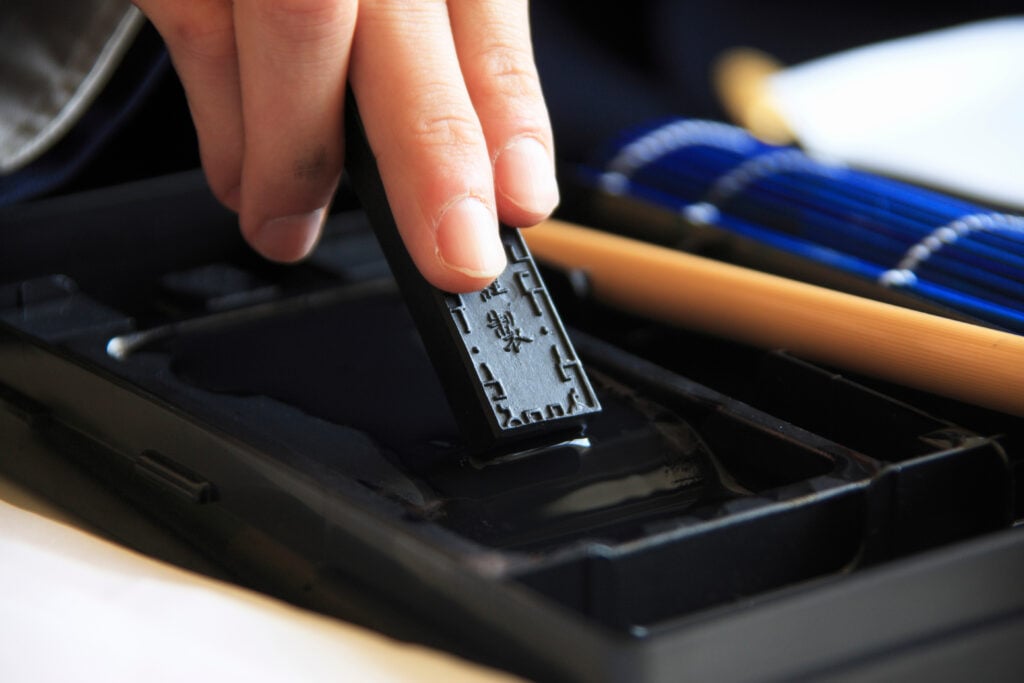
Here is a little more than what I just introduced. Here are 20 samurai words that are a bit more maniacal but interesting to know Here are 20 samurai sayings that are a little more maniacal than the ones we have just introduced.
Although the word is not usually used, you may have heard it in period dramas or anime.
The meanings of the words are also introduced here, so please use this information when welcoming friends or overseas guests who like Japanese culture.
| samurai words | meaning | model sentence |
|---|---|---|
| now | Let’s go. Words that show enthusiasm and encourage action. | Let’s go to work!” |
| plotting | Takarami A word meaning intrigue or trickery. | I cannot be part of this conspiracy. |
| Chouryaku (abbreviation used in place of “chouryaku”) | Ploy A ploy to deceive the other party. | Set up a ruse.” |
| Emptiness, vacuity (Utsukuri) | Fool A term used to describe a person whose actions are thoughtless. | You stupid bastard!” |
| Brother (Anija) | Brother An expression of respectful address for a brother. | Brother, how are you?” |
| serve | I serve you An expression for humbly undertaking a task. | I will take care of this.” |
| Choko zaina | Cocky A term used when a subordinate is cocky. | You’re a gifted boar.” |
| pain in one side of the abdomen | Ridiculous Used when a person’s behavior or excuses are ridiculous. | You’re talking out of your ass. |
| be that as it may | However Same as “but”. | It rained. “It rained, but it did not affect our march.” |
| unknown person | I A first-person expression that shows oneself in an unobtrusive way. | My name is Tanaka. |
| insolent person | Rude A term used to address someone who lacks courtesy. | You are an infidel, and I won’t forgive you!” |
| Basara | A flamboyant and conspicuous person. A term sometimes used to describe someone who is a maverick. | That man is Basara. |
| Unu/Unura | You/you guys A term used to refer to someone when you look down on them. | What are you doing here? |
| striking with the bare knuckles | Sanction on the spot An expression used to punish the offender. | I’ll take my revenge right here and now!” |
| I (Sesha) | I humble first person used by warriors. | My name is Tanaka. |
| intention | Opinion Words to express your thoughts. | My intention is this.” |
| neither by rights nor by necessity | It can’t be helped. A term for a situation that can’t be helped. | It’s a no-brainer.” |
| killing a passerby in order to test a new sword | The act of slaying a person in passing. Illegal slaying in the Edo period. | I heard rumors of street killings.” |
| relief | Peace of mind Anxiety is relieved and a feeling of relief. | I am relieved to hear that you are safe.” |
These samurai words, are all based on deep culture and have a unique charm not found in modern Japanese.
Not only will you be able to use it in conversation, but you will also have a deeper understanding of movies, literature, and other entertainment works if you have the knowledge of the language.
Samurai language that can be used in modern times [10 choices].
![Samurai language that can be used in modern times [10 choices].](https://www.motenas-japan.jp/wp-content/uploads/2024/10/AdobeStock_210881784-1024x681.jpeg)
Many of the samurai words we have introduced so far sounded a bit old-fashioned, but here are some words and phrases that are still easy to use today.
| samurai words | meaning | model sentence |
|---|---|---|
| indebted | Thank you. | I’m so sorry you had to help me!” |
| You’ll have to wait a long time. | One moment, please. | Wait for us until we are ready.” |
| do what is right | I’ll leave it to you. | Take good care of this.” |
| Gyoi (meaning “the will of God”) | Yes, sir. | I am pleased with this proposal.” |
| unknown person | I (mainly used by working men) | That’s right, my name is Tanaka from the sales department. |
| I (Sesha) | I (on close terms) | “I wish to learn bushido.” |
| It was a great ceremony. | many thanks | Another day, another great cause!” |
| pain in one side of the abdomen | This is ridiculous. | That’s a lame excuse!” |
| extremely and humbly delighted | I’m so glad. | We are delighted by your compliments.” |
| striking with the bare knuckles | Severe Punishment | Next time you’re late, I’ll take you by the hand!” |
Although many of the samurai words are difficult to use, it is surprising to find that some of them are easy to use in modern daily conversation.
Proverbs containing samurai words [7].
![Proverbs containing samurai words [7].](https://www.motenas-japan.jp/wp-content/uploads/2024/10/AdobeStock_250949543-1024x683.jpeg)
There are many expressions in Japanese proverbs that reflect the values and way of life of the samurai.
These proverbs also express the spirit of bushido and the ideal of being a samurai, and contain immutable philosophies and lessons that are still relevant today.
In this section, Here is a list of 7 proverbs related to samurai with their meanings and example sentences.
| A samurai does not eat, but has a high toothpick | |
| meaning | It teaches that even if you are poor, you should behave with dignity and not lose your pride. |
| model sentence | At the very least, remember the spirit of the samurai, “A samurai does not eat, but a toothpick.” |
| A samurai does not have two words (a samurai does not go back on what he has said) | |
| meaning | It represents the strong belief that a samurai never reverses what he once said. |
| model sentence | I promise you, a samurai does not speak twice.” |
| Commercial Law of the Shih family (Shihou no Shoho) | |
| meaning | The irony is that samurai often fail when they start a business they are not accustomed to. |
| model sentence | Be careful not to get into a business you can’t be in and end up in the business practices of the warrior class.” |
| Samurai Samobo | |
| meaning | It teaches that when a samurai is on the battlefield, he should forget his home, family, and self and be loyal. |
| model sentence | In times of war, be mindful of the three forget-me-nots of a samurai.” |
| samurai are mutually beneficial | |
| meaning | It expresses the spirit that people in the same position, such as fellow samurai, should help each other. |
| model sentence | It is in times like these that warriors are at each other’s throats.” |
| A warrior is a warrior even if he takes a single bout (ichigou very buji ha buji) | |
| meaning | It means that no matter how small the stipend (remuneration) is, one does not lose one’s pride and true character as a samurai. |
| model sentence | He said, “A samurai is still a samurai, even if his achievements are small or he takes a single victory. Don’t forget your pride.” |
| samurai’s benevolence | |
| meaning | It teaches that while warriors are tough on the battlefield, it is also important to be respectful and merciful to others. |
| model sentence | Everyone makes a mistake once in a while. Forgiveness is the mercy of the warrior.” |
Proverbs in which samurai language was used are, Chinese classics and Noh plays and other cultural and educational elements, as well as the unique spirit of the samurai.
Just as the samurai pursued bushido, an ideal from their culture, the townspeople, merchants, and other classes of people other than the samurai must have had a strong admiration for the samurai who lived in a spirit of loyalty and idealism.
Is the samurai language popular among international visitors?
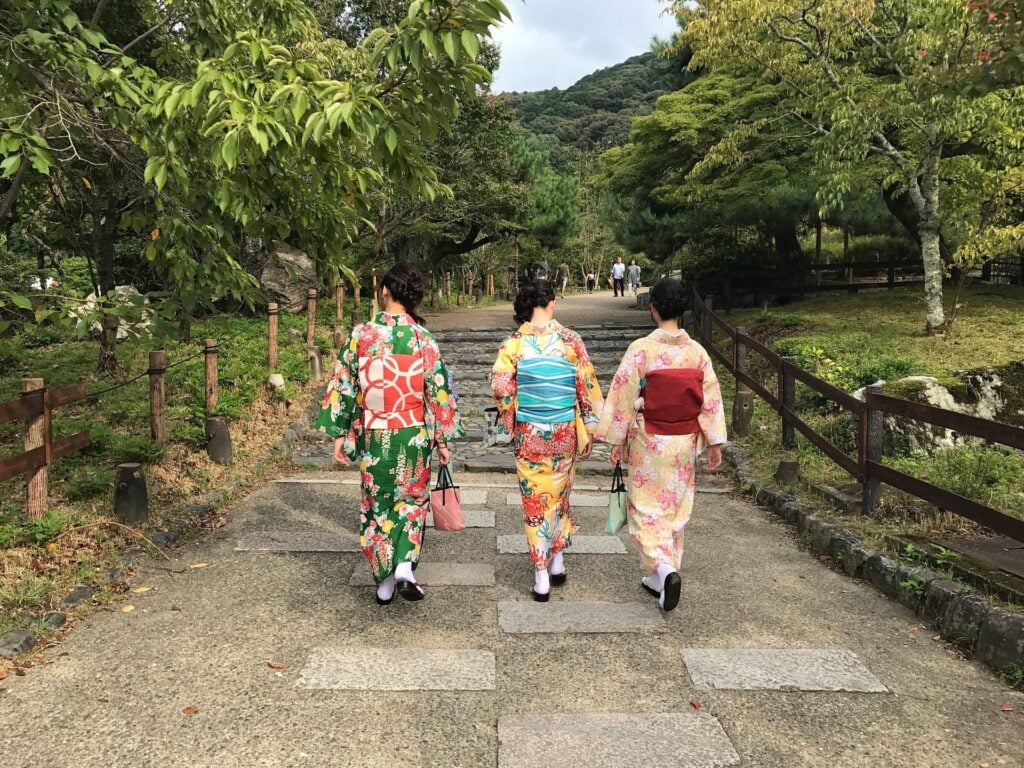
The samurai language is also highly popular among people from overseas.
Japan is an island nation and formed a unique culture, especially during the Edo period (1603-1867) when the samurai culture was refined and the country was closed to the outside world.
So …. Many people are interested in the special culture unique to Japan.
Starting with the TV drama series “SHOGUN,” which I mentioned earlier, there have been numerous films produced overseas featuring samurai, including “The Last Samurai,” “47 Ronin,” and “Silence.
In addition, the game “Ghost of Tsushima,” set during the Kamakura period (1185-1333), was a worldwide hit. Ghost of Tsushima,” a game set in the Kamakura period (1185-1333), became a worldwide hit. The worldwide success of “Ghost of Tsushima,” a video game set in the Kamakura period (1185-1333) and featuring the Mongolian Empire’s invasion of Japan, has also sparked interest in samurai and samurai among the younger generation.

The following article also explains why Samurai and Samurai are so popular overseas and what kind of hospitality is popular.


For those who are concerned about entertaining guests from overseas for business or other reasons, we recommend recreational activities that introduce the samurai language and give visitors a sense of the samurai spirit through a samurai experience.
At Motenas Japan, Japanese culture and traditional event experience services for overseas visitors to enjoy. to experience Japanese culture and traditional events that can be enjoyed by people from overseas. With our custom-made plans, we can offer a special hospitality that you cannot find anywhere else.
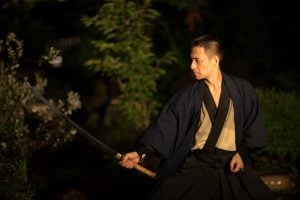
Let’s entertain your special guests with samurai language and samurai culture!
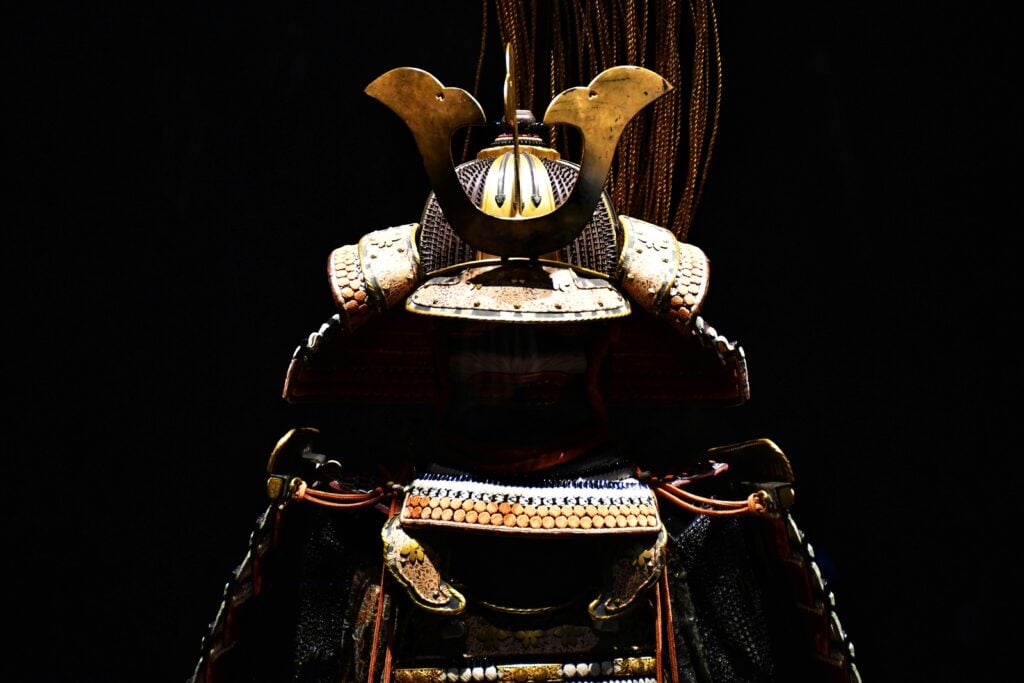
We have learned that the samurai language was shaped by the samurai’s study of various classics and chants in pursuit of the aesthetics of the samurai.
Even today, many fictional works use the samurai language not only because it sounds good, but also because it expresses admiration and respect for the samurai ideals of bushido.
The way of life of the samurai, who never forgot their pride even when reality was harsh, continues to fascinate not only us Japanese but also people overseas.
At Motenas Japan, We can plan programs to enjoy Japanese culture, such as Samurai and martial arts experiences. If you want your guests from abroad to enjoy a special experience, please feel free to contact us. If you would like your guests to enjoy a special experience, please feel free to contact us.
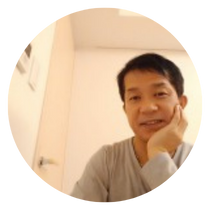
After graduating from university, I worked as a Systems Engineer (SE) at Reuters Japan. Later, I spent five years as a Systems Manager at Reuters Singapore. After that, I studied business administration at a business school in the Netherlands and joined Hitachi Ltd. At Hitachi, I was responsible for new business development, promoting new projects in China and investment schemes in emerging countries. After working for 11 years, I started running Motenas Japan, offering Japanese cultural experiences to foreigners under the motto “Bringing Japan and the world closer together.”





